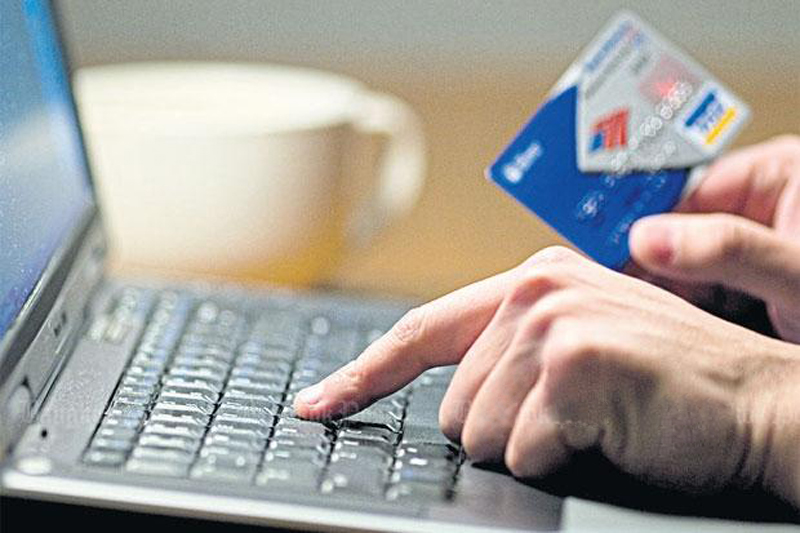TPN aims for mass debit card roll-out

Thai Payment Network Co (TPN), a joint venture between Bangkok Bank (BBL) and China's UnionPay International (UPI), aims to issue 3-5 million debit cards in the first year of its operations.
The company plans to introduce a card payment system to link its bank members next month and roll out debit cards in May, TPN's chairman Shoke Na Ranong said without elaborating on which banks will be its members.
TPN, in which BBL and UPI initially owned a 50% stake each, was set up to be the first local debit card network service provider, creating a new system for electronic payments in Thailand.
The move is in line with the government's national e-payment initiative to help Thailand become a cashless society. It also falls in line with the Bank of Thailand's policy, which states that all payments from domestically-issued debit cards should be processed locally.
To facilitate the TPN debit card expansion, the company will lower its merchant fees below 1% of card spending value, down from 1.5 to 1.8%, he said.
Currently most debit cards circulating in Thailand are issued by Visa.
The company will pay money back to its cardholders within 24 hours in the event they do not receive goods or services, said Mr Shoke, who is also BBL's executive vice-president.
TPN debit cards will also be available for small purchases, with a 20-baht minimum per transaction.
BBL's debit card holders can switch over to TPN free of charge, he said. "Debit card transactions account for only 2% of the total value of cash withdrawals from ATMs. Merchants have been discouraged from accepting debit cards due to the high transaction fees, while cardholders are not confident about using them and have concerns about the security of the magnetic stripe," he said.
"These problems will be addressed with the launch of TPN. Since the cost of making electronic payments will be lower, people will be able to use e-payments for very small purchases. There will also be a high level of security through the use of a 'chip and PIN' system with a six-digit PIN," said Mr Shoke.
Bangkok Bank president Chartsiri Sophonpanich said TPN's shareholding structure will be changed in the future, with BBL and UPI holding a 20% stake each. The other three largest commercial banks – Krungthai Bank, Siam Commercial Bank and Kasikornbank – will own 15% each, with other members accounting for the rest.
The three banks have already signed a memorandum of understanding expressing their interest in becoming TPN shareholders.
Mr Chartsiri said National ITMX Co, a local switching system service provider, would also take a stake in TPN.
Ge Huayong, chairman of China UnionPay, said the TPN card payment system could be upgraded to link payments with mobile phone handsets in the future.
UPI is a subsidiary of China UnionPay.


